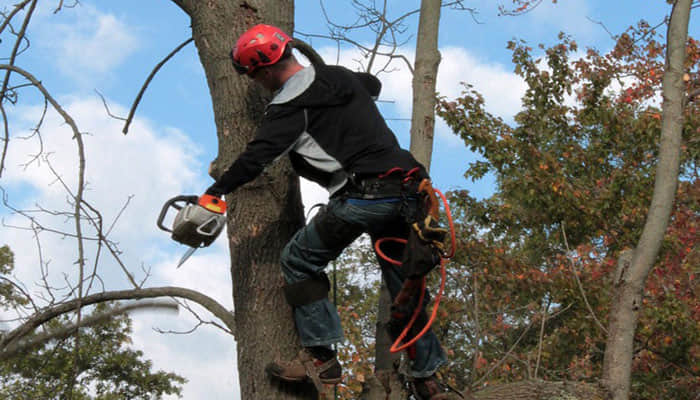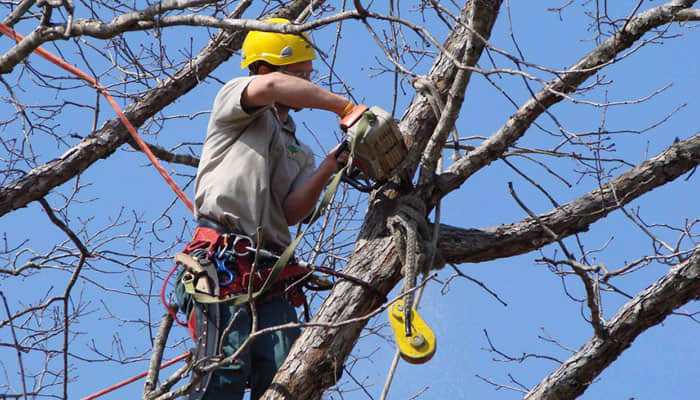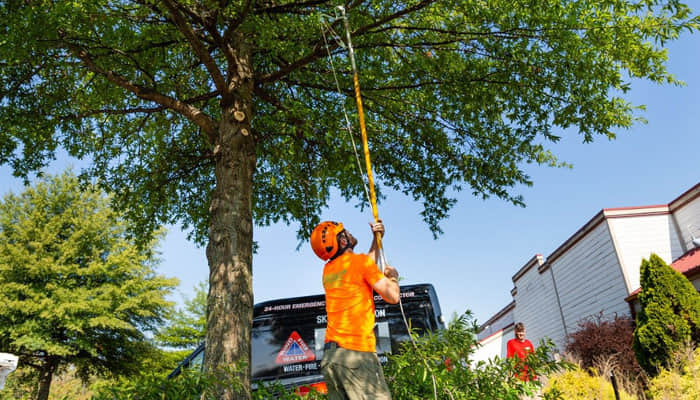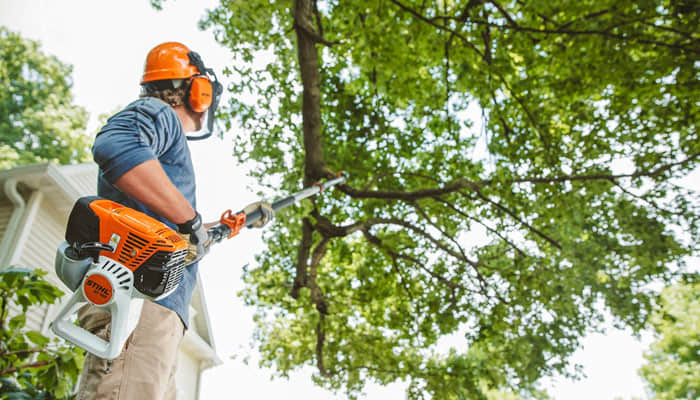
The profession of tree trimming calls for expertise and experience. However, the pay scale may change based on factors like experience, geography, etc. Because there is a greater need for tree care in metropolitan areas, higher salaries are anticipated. Because they are skilled specialists, experienced tree trimmers charge more and are therefore paid more.
The pay or compensation rate of a tree trimmer might vary depending on several things. Among those are a few of the following:
Experience Level required to become a tree trimmer

Because the work of a tree trimmer requires competence, an individual’s experience is a determining factor. Tree trimmers with years of expertise and a firm grasp of their trade will charge more because they are more productive in their work. Less seasoned beginners will charge less because they lack years of experience and a solid foundation. They can charge more than novices as soon as they gain experience. They can bargain and look for pay or salaries that are more competitive.
Geographic Location

The demand for tree trimming services and the cost of living might differ significantly depending on one’s location. Higher salaries are frequently found in urban areas with a large concentration of trees and a greater need for expert tree care.
On the other hand, the average pay for tree trimmers may be lower in rural areas with fewer trees and less competition. Areas vulnerable to extreme weather disasters such as hurricanes or ice storms may see variations in demand and, as a result, in salaries.
Tree Trimmer Job Description

A competent specialist in tree care and upkeep is known as a tree trimmer. They work on a variety of projects, such as cutting down and removing trees. This entails evaluating the health of the tree, choosing which branches to cut off, and making sure the tree is visually appealing overall. Chainsaws, ladders, and ropes are among the heavy equipment that tree trimmers frequently use to securely do their tasks. To avoid trees interfering with electricity lines, they could also work along with utility companies. Their duties also include disposing of and removing debris, in addition to caring for trees.
1. Tree Trimmer Education Requirements
- While a high school diploma or equivalent is often preferred, it’s not essential.
- Many tree trimmers begin their careers with hands-on training lasting several months to a year.
- An associate’s degree in forestry or arboriculture may improve job prospects.
- Obtaining certifications from organizations like the Tree Care Industry Association can increase job opportunities and earnings potential.
2. Tree Trimmer Salary
A tree trimmer’s compensation may vary based on several factors, such as the
- Size of the company
- location
- Expertise
- Certifications
Pay ranges for entry-level positions are frequently less than those of seasoned workers with specialized skills.
Geographical location is also important; metropolitan areas typically give more compensation due to increasing demand. Opportunities for overtime can significantly affect annual revenue, particularly during the busiest periods of the year.
3. Tree Trimmer Industry
Tree trimmers are employed by many different businesses, such as independent tree care providers, utility organizations, and landscaping corporations.
Environmental restrictions, economic situations, and weather patterns are some of the issues that impact this business. There will probably be an increase in demand for qualified tree care specialists as communities become more ecologically conscious.
4. Years of Experience
The pay and skill level of a tree trimmer are largely dependent on experience. Experience is usually not a requirement for entry-level jobs, but when professionals work longer hours, their pay usually rises.
More experience leads to better safety procedures, deeper comprehension of tree care, and the capacity to manage increasingly challenging jobs. Throughout their careers, a lot of tree trimmers continue to develop their abilities by assuming supervisory positions or focusing on particular tasks like tree removal or storm damage repair.
Conclusion

The hourly wage for a tree trimmer can differ significantly based on your region, experience, credentials, and the specific organization you work for. If tree trimming is something you’re considering as a career, obtaining the required training and certifications can boost your earning potential. Retaining up-to-date knowledge of safety protocols and industry standards is also important for sustained success in this field.
